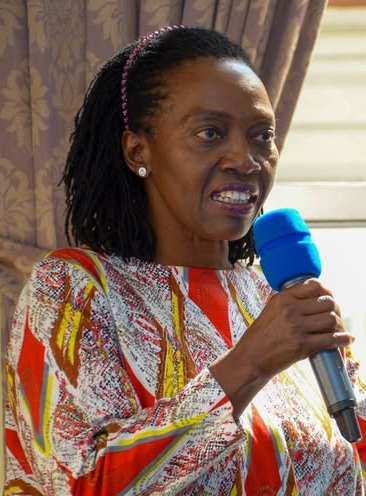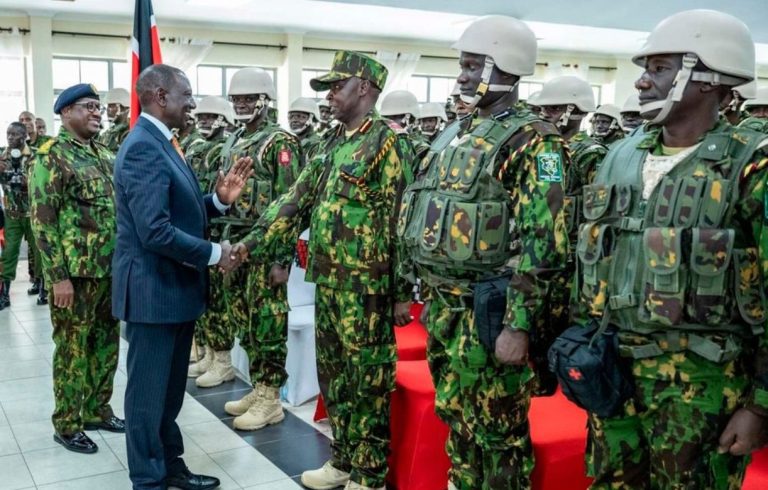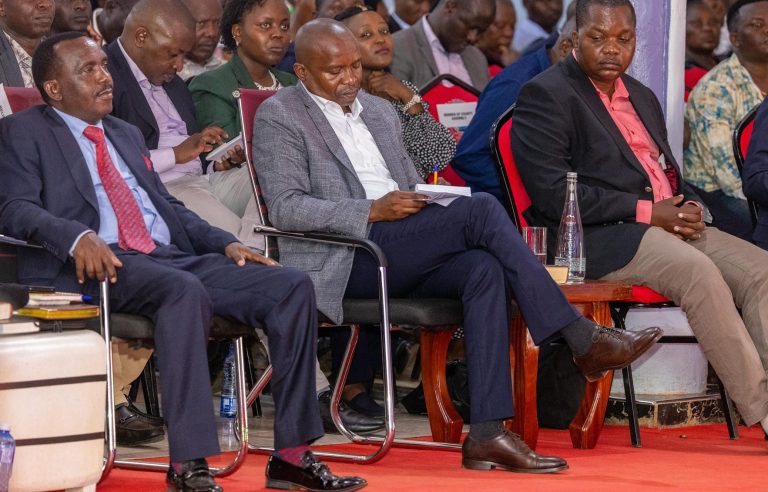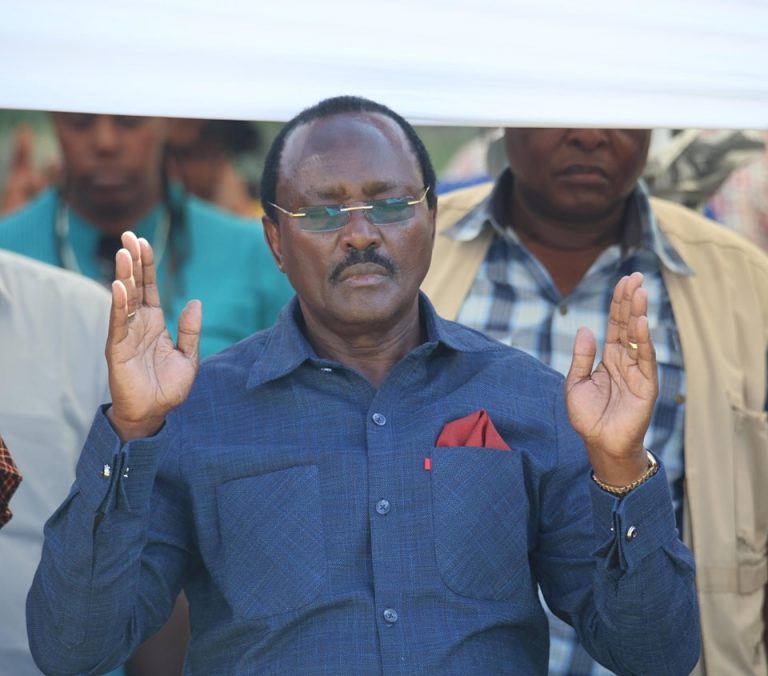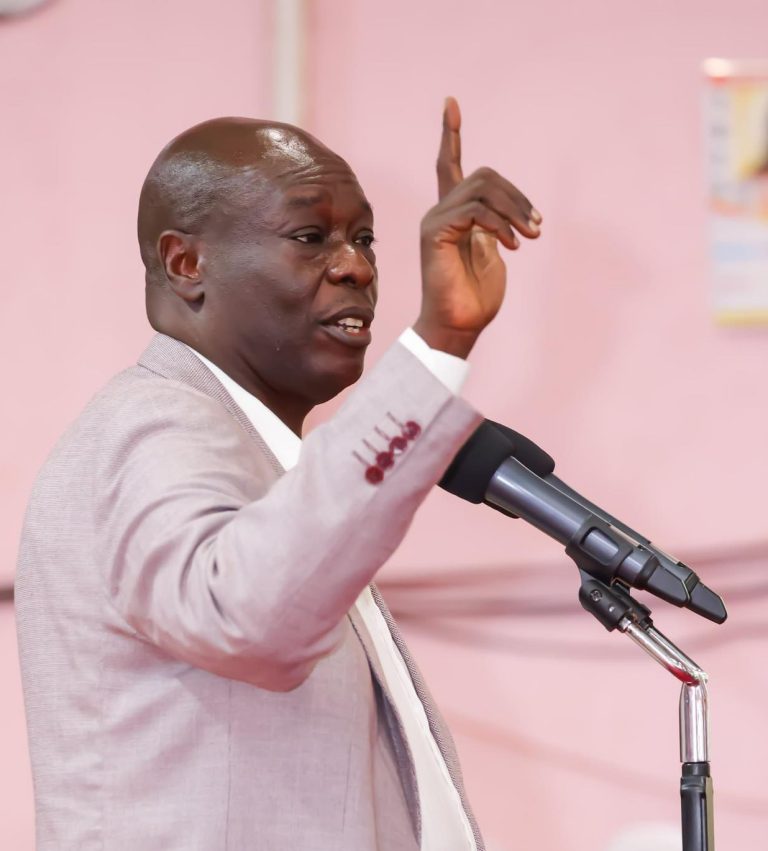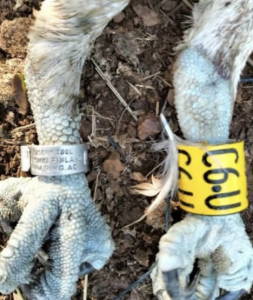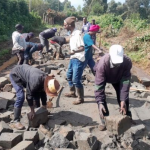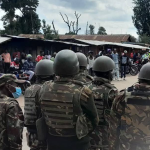People’s Liberation Party (PLP) leader Martha Karua has spoken out against the Finance Bill 2025, warning that it will hurt ordinary Kenyans.
She described the bill as economically unfriendly and said it will negatively affect key sectors such as transport, health, and agriculture.
Speaking recently, Karua expressed deep concern about the lack of open and inclusive public participation in the bill’s development.
According to her, only a selected few people are allowed to take part in the public input process.

“Public participation is now just a ritual,” Karua said. “It is guided, which means only approved individuals are allowed to speak.”
Rose Njeri
At the same time, Karua criticized the recent arrest of Rose Njeri, a Kenyan software developer who created an online platform to help citizens share their opinions on the Finance Bill.
Karua questioned the move, calling it unfair and harmful to democracy.
“Why would you arrest a young Kenyan who is just trying to raise public awareness?” she asked.
Karua also warned that the proposed excise duty increases in the Finance Bill would make daily life more expensive.
For example, she said transport costs are likely to go up, hitting many households very hard.
“This year’s budget is going to bite,” she added.
The Finance Bill 2025 has come under fire from many groups for proposing new taxes and increased levies.
The government says it needs the extra revenue to support a Ksh 4.5 trillion budget for the 2025/2026 financial year.
Read also Rare bird from Finland spotted in Lake Victoria
This marks a significant jump from the Ksh 3.94 trillion budget in the current 2024/2025 year to the 4.5 trillion for this year.
According to the Draft Division of Revenue Bill 2025, which was tabled in Parliament last week, the National Treasury has proposed allocating Ksh 417.96 billion to county governments.
This includes Ksh 405.06 billion as equitable share and Ksh 12.89 billion in additional funds to the counties.
Karua’s remarks highlight growing public anxiety over the cost of living and the feeling that ordinary citizens are being shut out of important national decisions.
